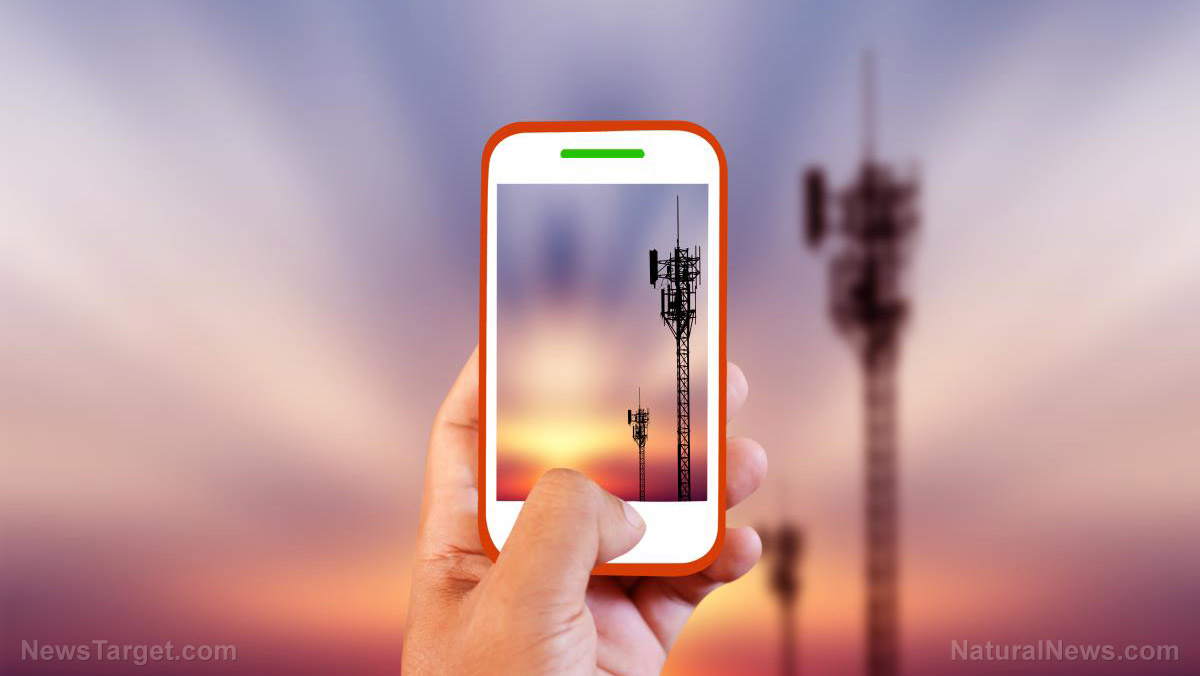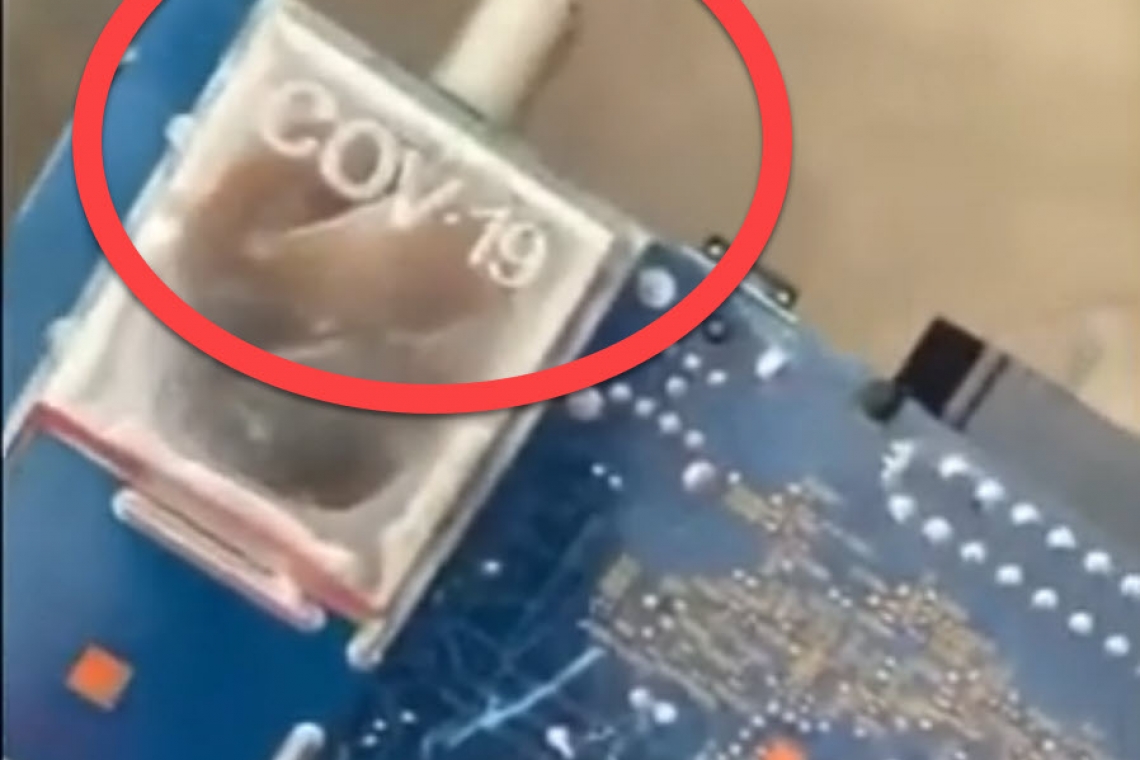
The Canadian government has announced that it is banning equipment made by Chinese tech giants Huawei and ZTE from its 5G networks, citing national security concerns.
Starting in September, all telecommunications companies in the country will be banned from obtaining new 4G and 5G equipment from these companies and must remove any existing Huawei and ZTE branded 5G equipment from their networks by June of 2024. The deadline for removing equipment from their 4G networks is the end of 2027.
In a statement, the Canadian government said that the move was fueled by concerns that suppliers may be forced to comply with “extrajudicial directions from foreign governments” in a manner that might “conflict with Canadian laws or would be detrimental to Canadian interests.”
One of the main concerns is China's national intelligence law, which could be used to require Chinese organizations and citizens to cooperate with state intelligence work. This could theoretically be used to force Chinese tech companies to pass sensitive information from their foreign networks on to the Chinese government.
In the Canadian government’s “policy statement” accompanying the announcement, they cited concerns about the fact that 5G will bring about a significantly enhanced data capacity that will result in billions of connected devices and serve as a foundation for critical infrastructure and their digital economy. Therefore, ensuring its security is paramount.
Public Safety Minister Marco Mendicino said: "In the 21st century, cyber security is national security. From cyber attacks, to electronic espionage, to ransomware, the threats to Canadians are greater than ever, and we will protect them.”
Canada joins US, UK and other countries in ban
Canada’s decision was widely expected and follows the lead of the other countries in the Five Eyes Network, who are all restricting the use of equipment by these Chinese companies in their telecommunications networks. In the U.S., companies are spending billions of dollars removing and replacing equipment in their networks, while Australia and New Zealand have also restricted the use of this equipment for national security reasons. The U.K. banned Huawei equipment in 2020 and ordered it to be removed by 2027.
For its part, Huawei says that the concerns are based on a “misreading” of Chinese law. Huawei Canada said they were disappointed by the decision, writing in a statement: "This is an unfortunate political decision that has nothing to do with cyber security or any of the technologies in question."
Canada's decision came after around three years of debate during a time that was marked by worsening relations with China. Canada arrested the Chief Financial Officer of Huawei, Meng Wanzhou, on a U.S. warrant in December 2018 on suspicion of violations of U.S. sanctions; China imprisoned two Canadian nationals just days later on accusations of espionage in what became a long-running dispute between the nations. When Meng was allowed to return to China last year as part of a deferred prosecution deal, the Chinese government released the Canadians.
The diplomatic tensions between the countries had been easing slightly recently, with China removing a three-year restriction it had placed on imports of canola seed from Canada, something that had been considered a retaliatory move for the arrest of Meng.
When asked if Canada is expecting Chinese retaliation for its moves against Huawei and ZTE, Minister of Innovation, Science and Industry Francois-Philippe Champagne said that the right decision was made, but other experts believe retaliation is forthcoming.
Speaking to CTV News Channel’s Power Play, former CSIS Director Ward Elcock said: “It’s likely that there will be some sort of retaliation. What that will be is pretty hard to guess but it could come in almost any form.”
Sources for this article include:
Please contact us for more information.




















